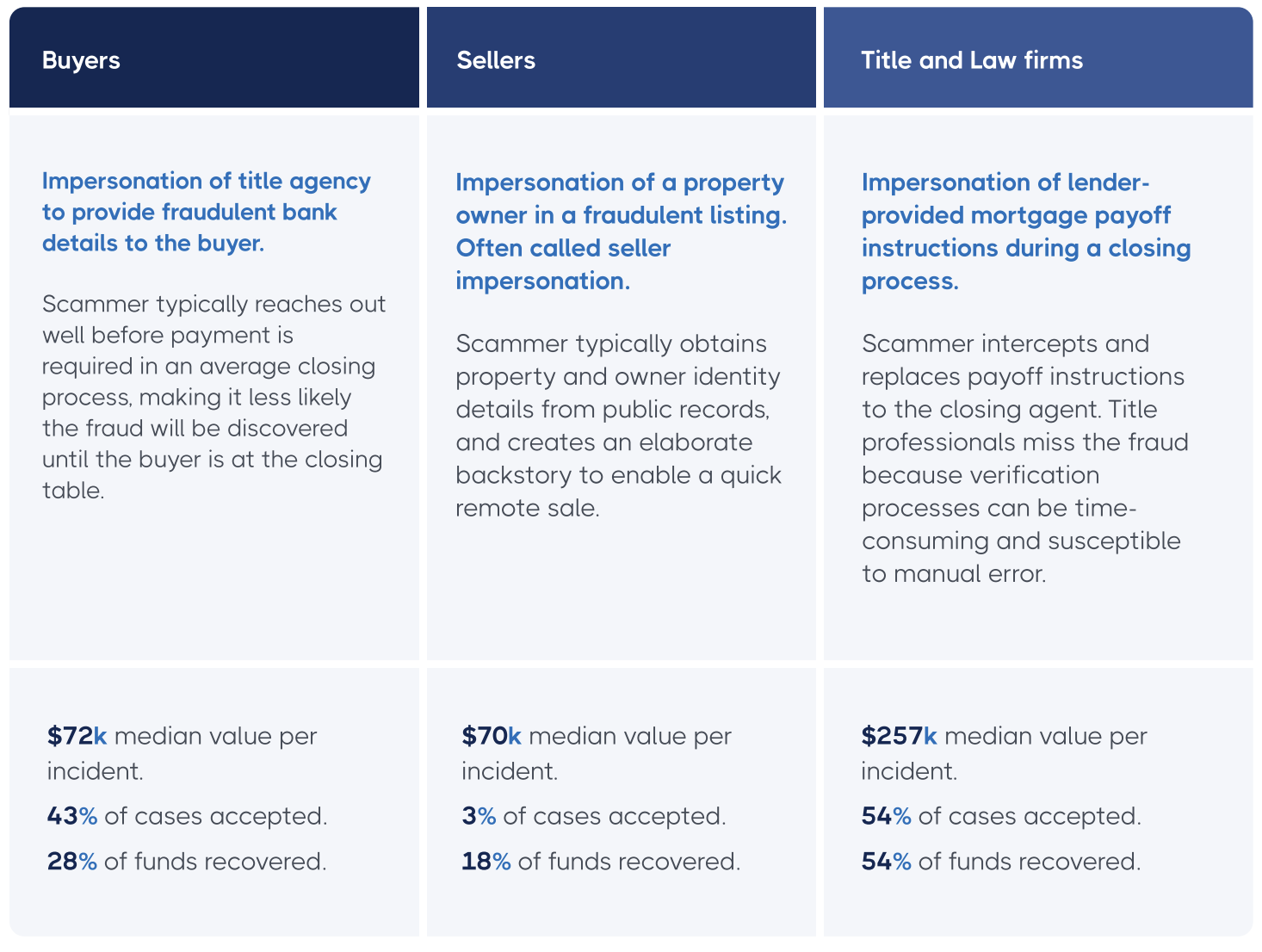
The Housing Muse: Home Buyers, Sellers Are Getting Duped
By Melissa Dittmann Tracey
You’ve undoubtedly been well-versed about the dangers of wire fraud in a real estate transaction, but home buyers and sellers say the severity and warnings aren’t getting passed down to them. A cautionary email signature about it may not be enough. They want real estate professionals to speak up—and they’re even taking legal action against those who don’t.
The stats are alarming: Nearly one in four consumers say they were potentially targeted with fraud attempts during the real estate closing process, according to CertifID’s newly released 2024 State of Wire Fraud. Real estate is especially vulnerable to fraud because data is readily available about property listings via MLS and county records; transactions involve large sums of money; and up to 10 different parties could be involved in and sharing information about the closing, the report notes.
More than 1 in 20 consumers became victims last year, CertifID’s report shows. The median amount they lost exceeded $70,000, whether through stolen buyer down payments or seller’s net proceeds. Both buyers and sellers are being targeted by scammers.

Source: CertifID “2024 State of Wire Fraud Report
Speak Up
Slightly more than half of the 650 consumers surveyed who recently sold or bought a home say they’re only “somewhat” or not aware at all of the types of scams that may target them in a real estate transaction (older adults, ages 65 and up, were the least likely to be aware of the risks), the report shows. Sixty percent said they received little to no education about real estate fraud from their agent, title agency or attorney, CertifID’s survey shows. What’s more, the majority—71%—of consumers put the burden as “someone else’s responsibility” to educate them about wire fraud, with the highest expectation lying on real estate agents’ shoulders.
“Real estate agents typically play a more visible role in the closing process compared to title agents and attorneys,” the report notes. “Consumers rely heavily on [real estate professionals] to help them navigate the complex home buying and selling process. They are consumers’ go-to resource when it comes to education on wire fraud and ensuring the safety of their funds during the wire transfer process.”
Real estate professionals are getting called into lawsuits when buyers or sellers are scammed. In one case from 2018 (Bain v. Platinum Realty LLC), a Kansas court found a real estate agent and her brokerage liable after fraudulent wire instructions that the agent allegedly forwarded to the buyer. The buyer lost $196,622. The agent denied ever sending the fraudulent email. A jury found the agent and her brokerage 85% liable and ordered them to pay the buyer $167,129 in lost funds. A federal court upheld the verdict.
Twenty-two percent of the fraudulent communication from scammers are made to appear like it’s coming from the real estate agent in a transaction.
“Every [real estate professional] should know what wire fraud is, how it works and what red flags to look for,” the CertifID report notes. “They should also provide every client with written instructions and tips on avoiding scams, and steer them towards title companies that use anti-fraud technology and systems. In order to better meet their clients’ needs, [agent] themselves will need more training and support from their brokerages and title company partners.”
Here are some additional tips to protect you and your clients:
- Have face-to-face conversations with clients to clearly explain the risks. Urge them to always call and verify all wiring instructions they receive by calling a known person through a trusted phone number (not the phone number provided in an email with the wire instructions).
- Consider adding a disclosure form as a risk management tool for your brokerage. Several brokerages have developed a wire fraud disclosure form that real estate pros can use to warn clients about cybercrime risks. View sample forms.
- Adopt greater security precautions to safeguard your transactions. Check out a cybersecurity checklist to use in real estate transactions.


